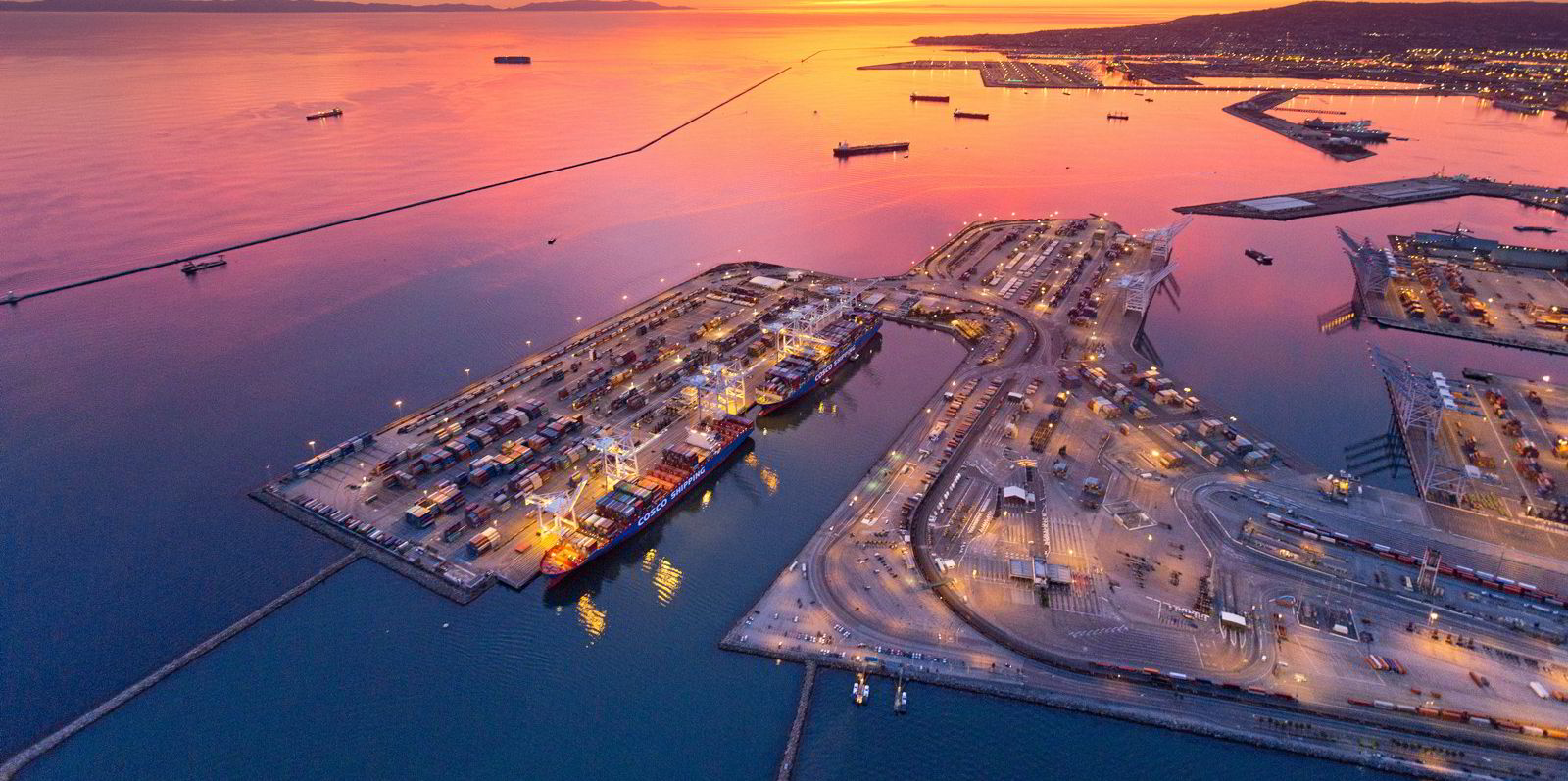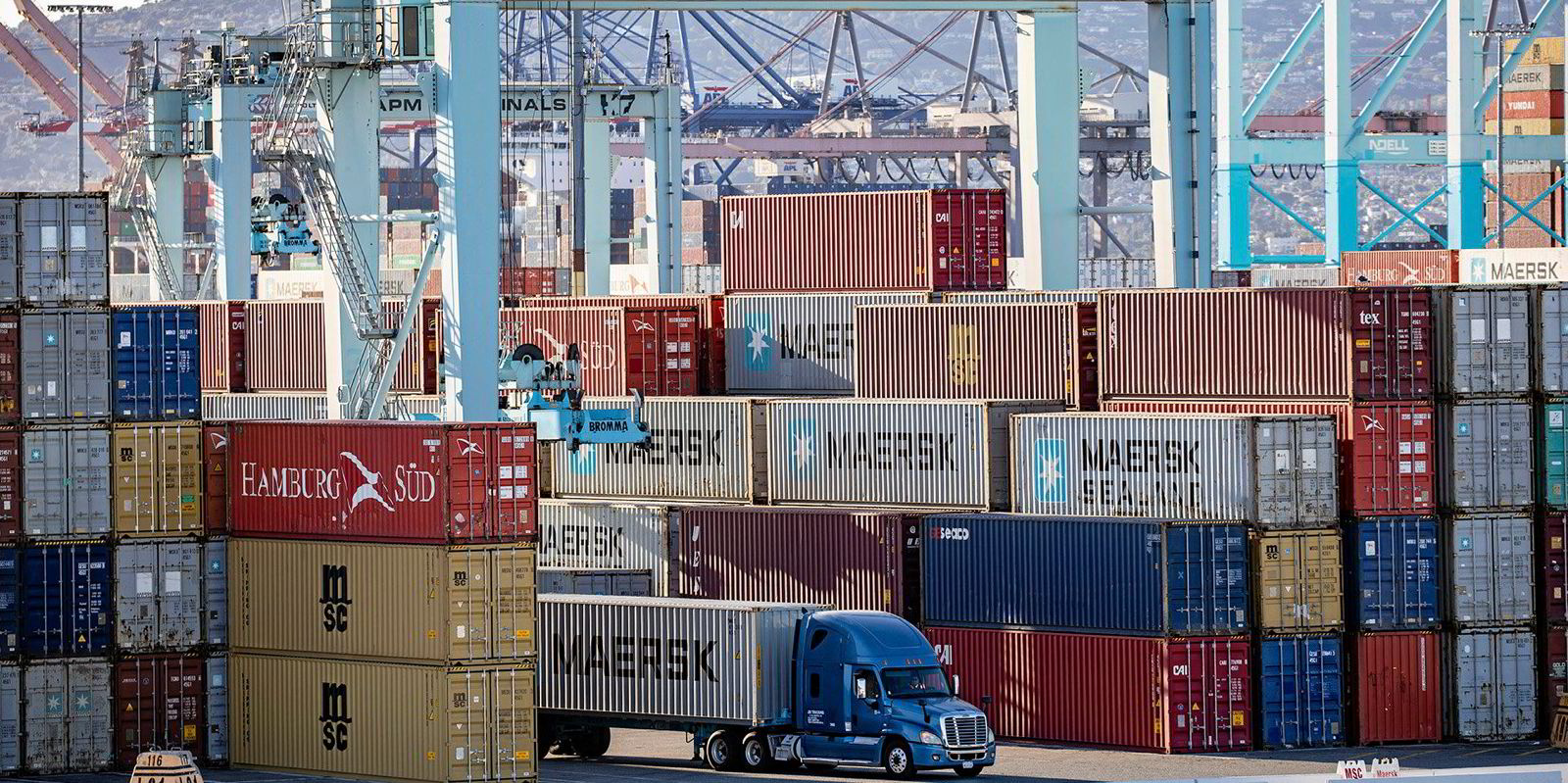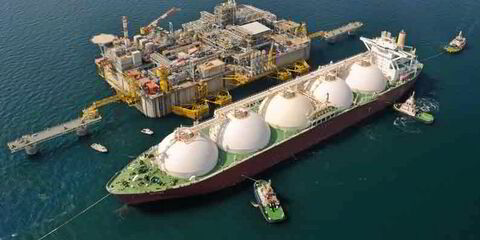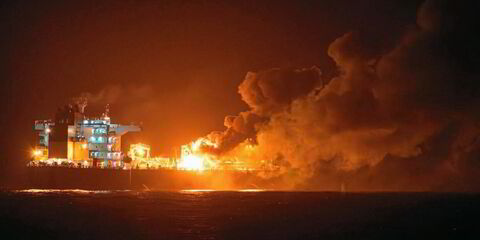Danish giant AP Moller-Maersk has detailed ongoing port congestion for container ships worldwide — and says disruption is set to continue.
The sector has been enduring shortages of vessels as queues of hundreds of ships built up off terminals due to a rebound in demand and the persistence of the Covid-19 pandemic.
This has been a major positive for freight and charter rates, but a big problem for cargo owners.
Maersk said the waiting time for a vessel to berth at Felixstowe in the UK is between seven and nine days, while Bremerhaven and Hamburg in Germany, Rotterdam in the Netherlands and Antwerp in Belgium are seeing waits of up to four days.
In the US, things are much worse, with Long Beach in California experiencing delays of up to 45 days, and Los Angeles 28 days.
"We do foresee the strain to continue for some time still," the owner said.
But some signs of improvement are being seen.
Positive indicators?
Antwerp had waits of up to 10 days in the week ending 7 January, but this could be cut to two days this week.
"2021 proved a challenging year for global supply chains, seeing significant disruption and bottlenecks around the world," Maersk said in a note to customers.
"We saw pockets of improvements, only to get setbacks when terminals or vessels encountered a Covid-19 outbreak," the shipowner added.
And Maersk said: "Unfortunately, 2022 has not started off as we had hoped. The pandemic is still going strong and unfortunately, we are seeing new outbreaks impacting our ability to move your cargo."
The company added that "general sickness" remains high as key ports in key regions experience new virus outbreaks.
"Ongoing contingency plans will always be made with the objective of minimising supply chain delays," Maersk said.
China under scrutiny
In China, the city of Beilun is enduring a new outbreak.
Of the five container terminals in Ningbo, three are located near the epidemic area but are so far operating with no positive cases reported.
Vessel calls and departures are so far running as normal, as well as loading and discharge activities, Maersk said.
"As a key passage for world trade, we are monitoring the Ningbo situation very closely," the line added.
Consultancy Alphaliner calculates overall ship idling for 2021 as less than 3% of the fleet, or about 600,000 teu of capacity.
Demand to stay healthy
Fearnley Securities said this inactive fleet includes commercially idle vessels and ships in drydock.
The current idle fleet of 550,000 teu compares to about 650,000 teu in January 2021, having effectively more than absorbed all new capacity added in 2021, the investment bank added.
"As the market remains tight and having picked up steam in January with record Shanghai Containerised Freight Index levels, tonnage availability is expected to remain very limited," analysts Peder Nicolai Jarlsby, Erik Gabriel Hovi and Ulrik Mannhart said.
"Especially non-operating owners see extremely low idle numbers amounting to less than 8% of the already low idle capacity," they added.
With only 1.1m teu of new capacity expected to be added through 2022, demand is likely to stay very healthy throughout the year, and charters could potentially see further highs, Fearnleys believes.(Copyright)






